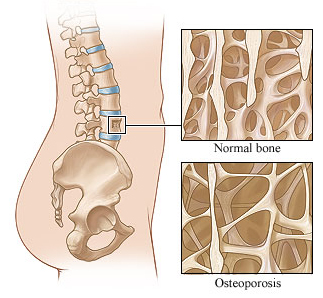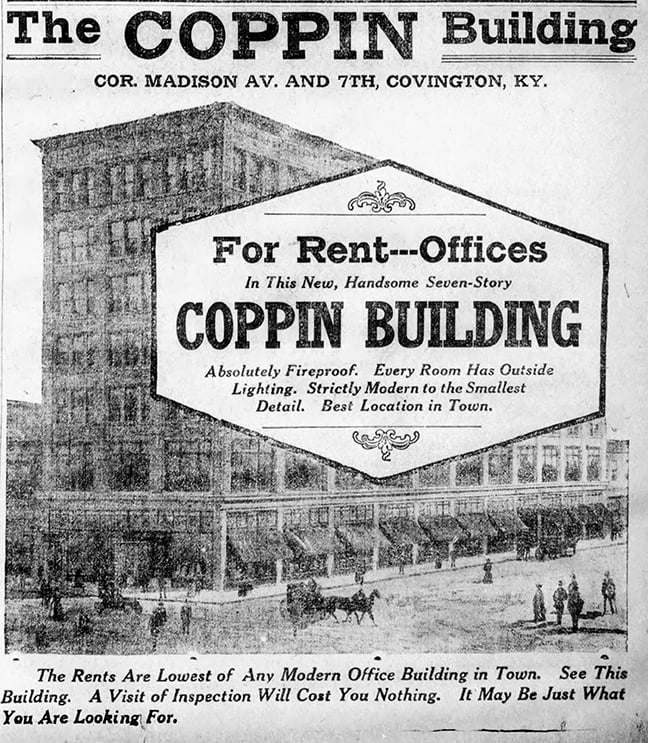By Dr. Madhumathi Rao
University of Kentucky
Did you know that Osteoporosis poses a significant health threat to an estimated 44 million Americans ?Osteoporosis is a disease that causes bones to become very weak and fragile. The disease is such a danger to bones that even minor stresses on the bones such as coughing or bending over can result in a bone fracture. Although every bone in the human body is susceptible to Osteoporosis, the most common bones to experience breaks are the spine, wrist or hip.

Osteoporosis is often labeled a “silent” disease. This is due to the fact that someone suffering from the disease will not be able to feel or see their bones becoming fragile and weak.
What are signs and symptoms of Osteoporosis?
• Back pain.
• Lessened height over time.
• Stooped posture.
• A bone breaks much more easily than normal.
Who gets Osteoporosis?
Osteoporosis can occur in both males and females. However, women are four times more likely to suffer from the disease than their male counterparts. For many women, Osteoporosis begins to develop about one or two years before menopause.
Other factors can put someone at risk for Osteoporosis. The disease occurs most commonly in individuals that are white or of Asian descent. Having a family member with Osteoporosis will also put someone at a higher risk.
Individuals 50 and older are at the most risk for Osteoporosis. However, Osteoporosis is not a normal part of aging and there are ways for someone to reduce their risk for contracting the disease.
What can I do to prevent Osteoporosis and broken bones?
• Eat a variety of nutrient dense foods every day. Be sure to eat multiple servings of fruits and vegetables.
• Consume 1000 to 1200 milligrams of calcium each day. It is recommended that you reach this number from the foods you eat rather than a supplement if possible.
• Reach your recommended amount of vitamin D. Your health care provider can help you find your recommended value.
• Be physically active when you can. Movement will make your bones stronger.
• Avoid smoking cigarettes.
• Limit alcohol intake.
• Get rid of clutter in your home to help avoid falls.
Dr. Madhumathi Rao, M.D., is professor and chief of nephrology at the University of Kentucky College of Medicine and UK HealthCare





















